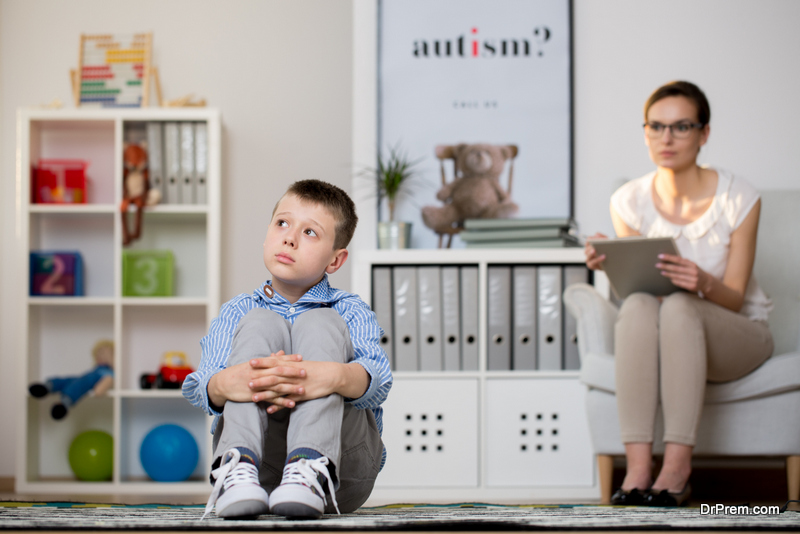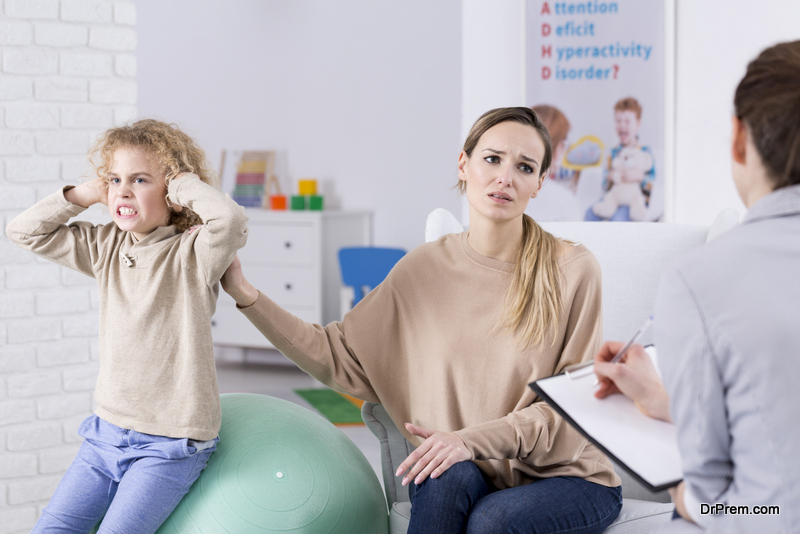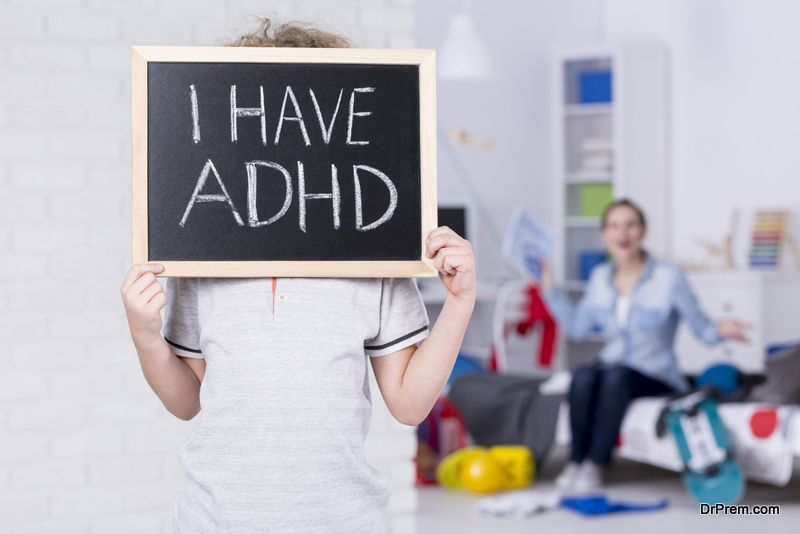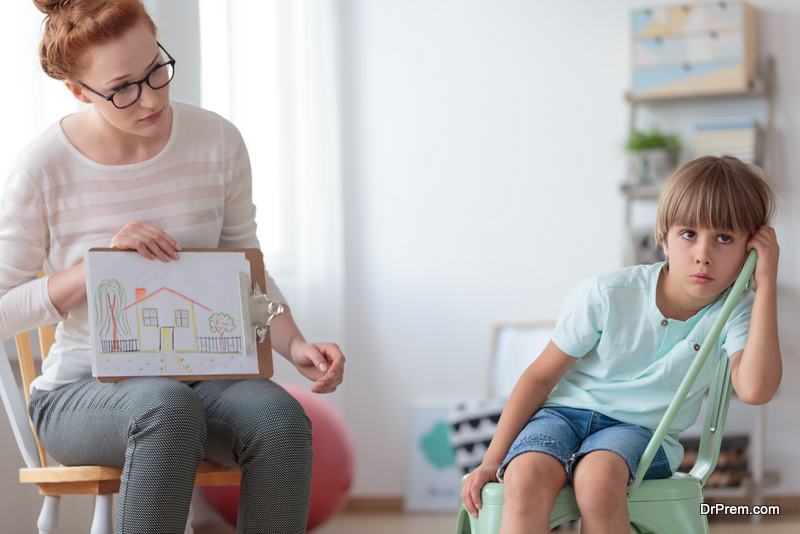Most of the parents are always good parents. But if your child is suffering from attention deficit disorder (ADHD), being just good to them is not enough. For being a parent with ADHD, you have to be great enough to make your child happy and well adjusted in present as well as in future. It is easy to be great than good rather what you are imagining. Just a little change in your parenting strategies can do wonders for your child.
STRATEGIES FOR BEING A PARENT WITH ADHD
Accept the reality that your child is imperfect as compared to all other perfect children of his age:
Alhough it is not easy for parents to accept that their child is not normal as others. But when the child senses the resentment and pessimism of his parents about his abilities and prospects, he is unlikely to develop self- esteem and high spirits so as to be healthy and a well- adjusted individual.
Never believe in all the bad facts you hear about your child:
It is not at all funny to hear the school fellows calling your child to be unmotivated and slow. Learn how to deal with ADHD child. Never let the negative remarks stop you from doing all what you empower to advocate to meet his educational needs. It is definitely possible for an ADHD child to succeed if he is given the proper help he requires.
The importance of medicines should not be overestimated:
There is no denying fact that proper medications can bring out a huge behavioural difference in an ADHD suffering child. But this doesn’t mean that medications are only responsible for bringing out such difference. It is the responsibility of the parents to understand the medicines will only improve the skills he already posses, but will not fix all the troubles magically.
Make sure that you are clear about the difference between punishment and discipline:
Parents often use punishment and discipline interchangeably. The best way to inculcate discipline in an ADHD child is through a behavioural modification program. Parenting an ADHD child by age is important. Define the age of your child and the appropriately attainable goals. Then reward him systematically for every small achievement until this behaviour becomes his routine. Punishment does have its importance. But it should never be given in the form of verbal or physical abuse.
Never punish your child for the behaviour which is not in his control:

Distractibility is very common in ADHD children and it is something which he is generally not able to control. Punishing the child in such circumstances will eventually set him to failure. ADHD children- help for parents guidelines will help you out in dealing with such circumstances.
Stop blaming others for the difficulties your child is facing:
Others may be contributing agents in the problems of your child, but blaming them exclusively is not a good deed. This will encourage your child to always find an easy way out to escape from his problems.
Carefully separate the doer from the deed:
If you personalise the problems of your ADHD child, his self esteem will plummet. But if you team up together with the child to solve out the various negativities associated with the problem, a climate of love and support and created for your child despite of his various shortcomings.
Don’t say “no” so quickly:
Children must be told “no” at various situations that involve danger or are inappropriate. But if the parents are reflexively saying no, even at those situations where it would be fine to say “yes”, the child will rebel even if he is impulsive enough to begin.
Pay adequate attention to the positive behaviour of your child:
In the quest of solving the behavioural problems of their ADHD child, most of the times, parents overlook the situations where their child is behaving positively. Make laughter and happiness the cornerstone of his life.
Try to anticipate in explosive situations:

If the parents appear before their child as a united front, their child will come to know exactly what should he expect. This will ultimately make the environment of your child more consistent and predictable and thus the entire family will be happy.



